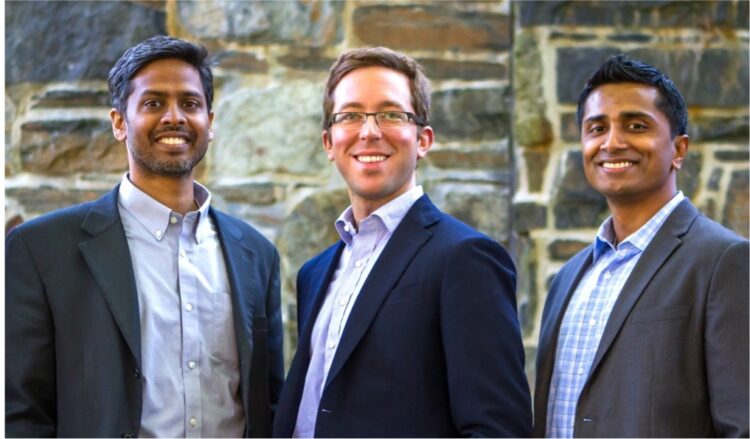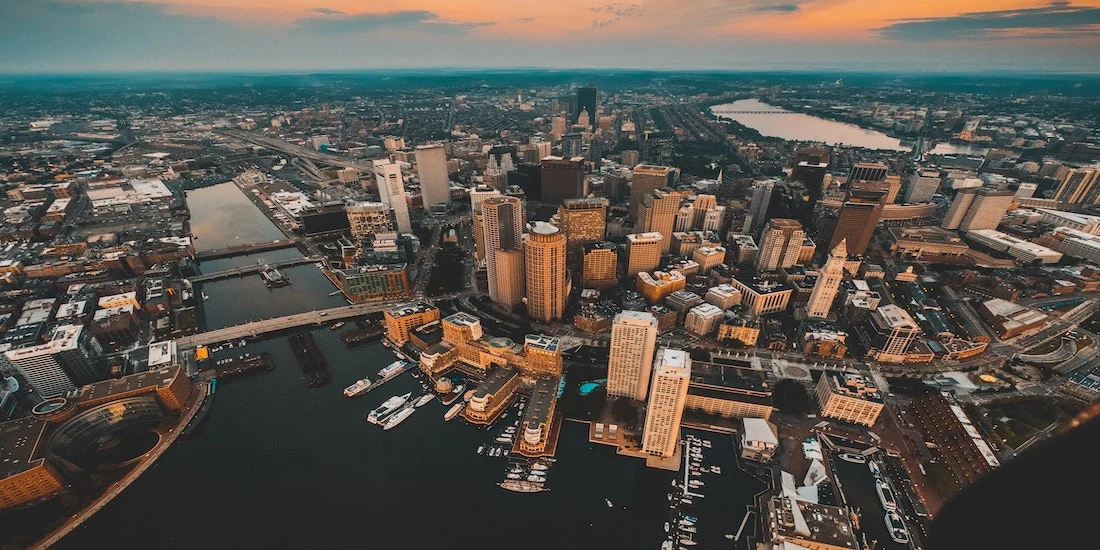Over time, economies have evolved and expedited growth by developing systems that allow for more efficient production of resources and better allocation of those resources to where they are needed.
The result of these economic systems is staggering—masses of people lifted from poverty, longer average life expectancies, and an abundance of essential resources. The most sophisticated economies have developed systems and tools that enable even more rapid development, ones that enable people to put their dormant money to use through widely accessible investment vehicles like mutual funds and exchange-traded funds.
As of 2020, there were 106.3 million individuals in the United States using U.S.-registered funds to invest their money back into one of the most prosperous economies of all time. The asset managers of these funds are responsible for putting investor’s dollars to use by allocating them towards companies. And these companies are tasked with the indispensable role of meeting some of our growing society’s most pressing needs.
Instead of having economic growth controlled by a centralized power like a government or autocrat, “democratized allocation of capital”—which allows individuals to freely choose how to put their money to work or who puts it to work on their behalf—encourages the people who are most directly impacted by the economy to build it themselves. This is a powerful system, and its animating spirit is woven into the fabric of America’s DNA.
Striving Voluntarily
In 1831, French sociologist and political theorist Alexis de Tocqueville traveled to America to study the prison systems in this relatively new country. When he arrived, however, he discovered that he needed to expand his scope of study. There was something remarkable and distinct about many aspects of American culture. It stood in stark contrast to what he witnessed in France and broader Europe.
Americans, Tocqueville noted, were animated by a spirit of self-organized association:
Americans of all ages, all conditions, and all minds are constantly joining together in groups. . . . Wherever there is a new undertaking, at the head of which you would expect to see in France the government and in England some great lord, in the United States you are sure to find an association.1
When Americans wanted to accomplish something they first looked to themselves and would then motivate others to come alongside them and help. He writes,
In America I came across types of associations which I confess I had no idea existed, and I frequently admired the boundless skill of Americans in setting large numbers of people a common goal and inducing them to strive toward that goal voluntarily.2 (emphasis mine)
For Tocqueville, this refreshing entrepreneurial culture was a welcome departure from the more centralized approaches that marked the development of other nations for centuries. At the time, the citizens of this young country had reduced their risk of having the government or an unelected lord direct the economic development of their society; as a result, they took on the responsibility to build a flourishing society themselves. Tocqueville referred to this democratized form of economic development as a “boundless skill” because it was limitless.
The Perilous Voluntary Pursuit
In 1985, 150 years after Tocqueville’s Democracy in America was published, a book was written by American cultural critic Neil Postman that examined what he perceived to be the biggest threat to a developed American society.
In Amusing Ourselves to Death,3 Postman contrasts two dystopian prophecies. First, he examines the “big-brother” government tyranny that George Orwell warns about in his book, 1984.4 He then contrasts Orwell’s warning with what he suggests to be a more likely scenario that will plague Americans—a scenario more similar to that described by Aldous Huxley in his Brave New World.5 Huxley’s perilous society was voluntarily inflicted by its own misguided pursuit of pleasure.
For Postman, the more immediate danger for Americans is not the heavy hand of big-brother government relentlessly stripping away the freedoms of its citizens but the citizens’ unwitting pursuit of their own detriment. The same spirit that Tocqueville noted as a core feature of American culture could turn into its most vicious vice. If Americans fail to take on the responsibility of coming together and striving towards the right goals that lead to their own flourishing, they could implode from greed and factionalism.
Intentional Investors Elect Intentional Asset Managers
Americans have a rich history of identifying common goals and striving together to accomplish these goals. Through the power of association, we have the ability to achieve big things—important things. We have a sophisticated financial system that allows investors to associate with institutions and amplify the strength of the businesses shaping the economic environment in which we all live.
But what happens if this powerful system’s pursuit becomes misguided? 106.3 million individuals have effectively elected an elite group of leaders (asset managers) to direct $29.7 trillion through the use of US-registered funds. What if the asset managers leading the democratized allocation of capital become negligent, allocating capital to the companies based on an illusory or short-sighted misunderstanding of pleasure? It is essential, therefore, for asset managers to identify and pursue goals aligned with creating long-term value that will help society flourish.
Now, just like in 1831, we have real and pressing societal needs. It’s time we reignite the boundless skill of inducing large groups of people to come together and strive towards a common goal of addressing these needs.
Perhaps a powerful way to start is with investors being intentional about who they elect to allocate their capital.

















